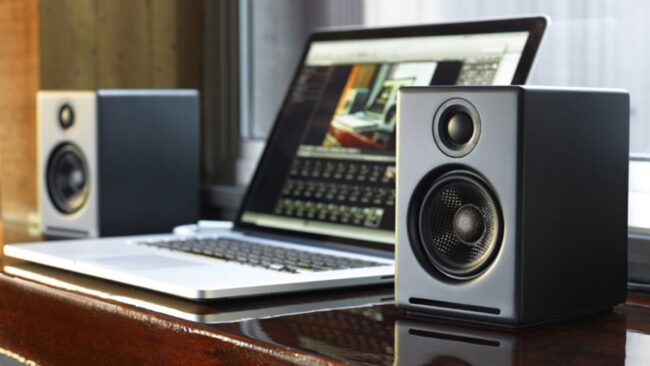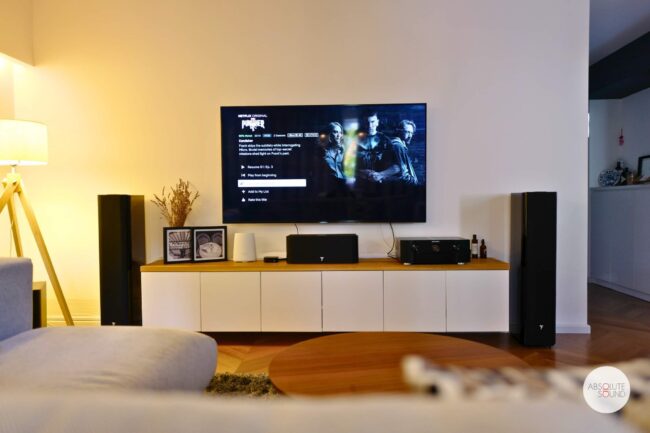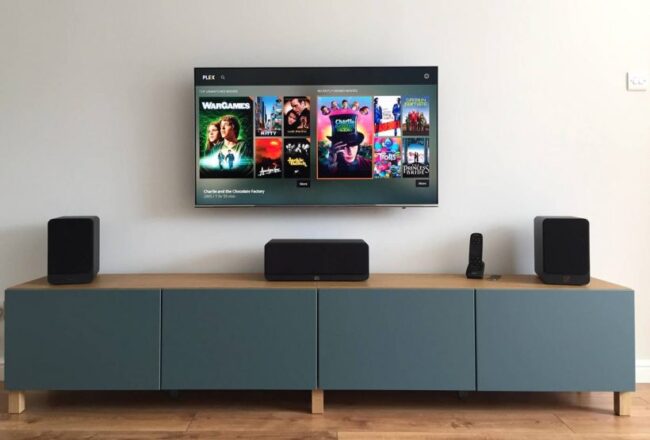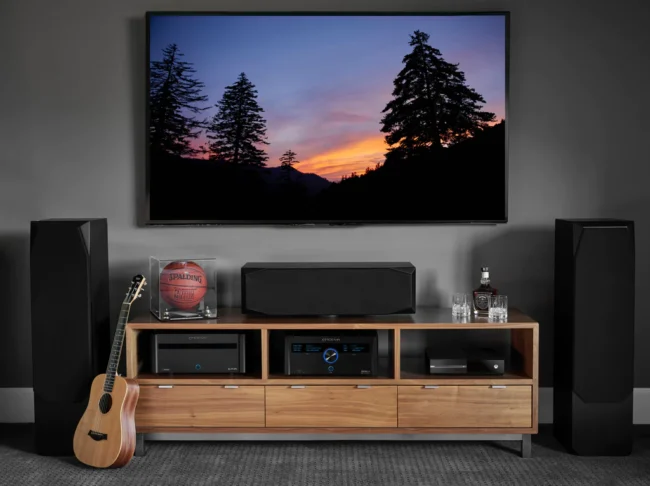They are the final output of your sound system, and their quality can make or break your listening experience. Whether you’re an audiophile or just someone who appreciates good sound, the clarity, depth, and fidelity of your audio heavily depend on your speakers. However, it’s not just about picking the highest quality; it’s about finding the right balance between cost and quality. Your budget is a crucial factor in the selection process, guiding you to make a decision that satisfies both your ears and your wallet.
Determining Your Budget

Embarking on your quest for the perfect speakers begins with a financial reality check. How much cash can you comfortably part with for a quality audio experience? It’s tempting to veer towards the latest JBL line with its booming bass and pristine highs, but before you do, establish a spending limit. This fiscal compass will keep you from straying into the tempting territory of overspending. Within the confines of your budget, weigh the features that are non-negotiable. Perhaps the rich, resonant bass of a JBL speaker is your top priority, or it might be the crystal-clear treble notes. Decide which attributes you’re ready to splurge on and which ones you’re willing to let slide. This strategic approach will ensure you allocate your funds wisely, possibly towards a JBL model that balances cost with the sonic qualities you desire.
Your Audio Needs
Think about what you’ll be using your speakers for. Is it for a home theater setup to watch movies with cinematic sound, or are you looking to blast your favorite tunes with high-fidelity music quality? Or maybe you need something that can handle the dynamic sounds of video games. Room size and acoustics also play a significant role. A large room might require more powerful speakers to fill the space with sound, whereas a smaller room could benefit from a more compact setup. Define what performance means to you – it could be anything from wanting no distortion at high volumes to seeking a speaker that offers an immersive 360-degree soundstage.
Speaker Types and Configurations

There’s a wide array of speaker types to choose from, each suited to different needs and spaces. Bookshelf speakers might be perfect for small to medium-sized rooms, while floor-standing speakers could be the centerpiece of your living room’s audio system. Soundbars have become a popular choice for those who want a sleek design without compromising on sound quality. As for configurations, a 2.0 setup (two speakers) is a solid choice for stereo sound, but if you’re looking for that cinematic experience, a 5.1 system (five speakers plus a subwoofer) might be more your speed. It’s all about matching the speaker type and configuration to both your space and your audio needs.
Speaker Specifications to Consider
Now, let’s talk specs. Wattage and power handling will give you an idea of how loud your speakers can get without distorting the sound. Frequency response tells you the range of sound that the speakers can reproduce, which is crucial for getting those full, rich lows and crystal-clear highs. Sensitivity measures how effectively the speakers convert power into volume. Higher sensitivity means more volume at less power. Impedance is about compatibility with your amplifier or receiver, and it’s important to ensure they match. Lastly, consider the driver size and material, which can affect the sound quality and durability of the speakers.
Brand and Model Research

With your budget in mind and a clear understanding of your needs, it’s time to research brands and models. Look for reputable brands known for quality and reliability. Read reviews and ask for recommendations from friends or online forums. Pay attention to the warranty and customer support offered by the manufacturer, as these can be lifesavers if you encounter any issues with your speakers.
Auditioning Speakers
One of the best ways to ensure you’re making the right choice is to audition speakers in person. If possible, visit local audio stores or showrooms where you can hear the speakers in action. Bring along some of your favorite music or content to test; this way, you can listen for the nuances and quality in a familiar context. Pay close attention to the sound quality, clarity, and imaging. Good speakers should create a detailed soundstage where you can pinpoint the location of different instruments and voices. Trust your ears—if the speakers sound good to you, that’s what matters most.
Budget-Friendly Shopping Tips

Even on a budget, you can find high-quality speakers if you know where to look. Consider open-box or refurbished models, which can offer significant savings. These items are often in like-new condition and may come with a warranty. Discontinued models can also be a goldmine for deals, as retailers are looking to clear out old stock. Don’t forget to compare prices across different retailers and keep an eye out for sales or promotions, especially during holiday seasons or special events, which can be the perfect time to snag a bargain.
Additional Considerations
After purchasing your speakers, proper placement and setup are crucial to get the best sound. Experiment with different positions in the room to find where the speakers sound best. Also, make sure they’re compatible with your existing audio equipment. If you’re planning for the long term, consider how the speakers might fit with future upgrades to your system. This is what we call ‘future-proofing’ your investment, ensuring that your speakers will continue to serve you well as technology advances and your needs evolve.
Conclusion
Choosing the right audio speakers within your budget doesn’t have to be a daunting task. By understanding your needs, doing thorough research, and shopping smart, you can find a pair that fits both your audio preferences and your wallet. Remember to prioritize the features that matter most to you, audition speakers when possible, and don’t overlook the value of open-box or discontinued models. With these tips in mind, you’re well on your way to enjoying high-quality audio that enriches your listening experience without breaking the bank.
